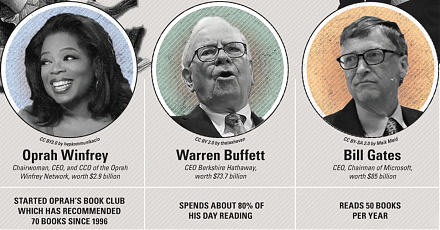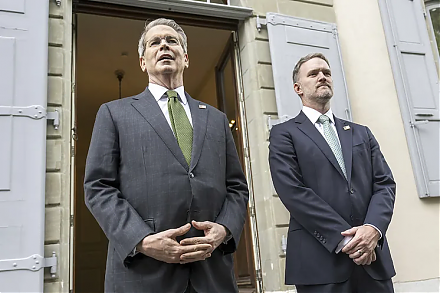

2019-03-17 14:35:00 Sun ET
technology antitrust competition bilateral trade free trade fair trade trade agreement trade surplus trade deficit multilateralism neoliberalism world trade organization regulation public utility current account compliance
U.S. trade rep Robert Lighthizer proposes America to require regular touchpoints to ensure Sino-U.S. trade deal enforcement. America has to maintain the threat of tit-for-tat tariffs on Chinese goods for years even though the Trump administration seeks to achieve a new agreement with China to end the prohibitively costly Sino-U.S. trade war. U.S. trade negotiators and lawmakers need to monitor-and-enforce Chinese compliance with the new trade rules. The Trump team aims to eradicate the $350 billion bilateral U.S. trade deficit. In response, the Chinese administration offers to buy $1.2 trillion U.S. goods and services over the next 6 years. Also, the Trump administration has to deter the Chinese government from forcing U.S. tech companies to involuntarily transfer trade secrets, tech advances, and other major intellectual properties such as patents, trademarks, and copyrights.
On balance, tariffs remain an important instrument for the Trump administration to push China to start structural trade policy changes in light of the specific perennial enforcement issue. Due to few major surprises, U.S. stock market indices such as from S&P 500 to Dow Jones and NASDAQ remain steady after the congressional testimonies by U.S. trade envoy Robert Lighthizer and Fed Chair Jerome Powell.
If any of our AYA Analytica financial health memos (FHM), blog posts, ebooks, newsletters, and notifications etc, or any other form of online content curation, involves potential copyright concerns, please feel free to contact us at service@ayafintech.network so that we can remove relevant content in response to any such request within a reasonable time frame.
2019-12-30 11:28:00 Monday ET

AYA Analytica finbuzz podcast channel on YouTube December 2019 In this podcast, we discuss several topical issues as of December 2019: (1) The Trump adm
2019-09-17 08:33:00 Tuesday ET

Global stock market investors foresee the harbinger of a major economic downturn. Many stock market investors become anxious due to negative term spreads an
2022-04-25 10:34:00 Monday ET

Corporate ownership governance theory and practice The genesis of modern corporate governance and ownership studies traces back to the seminal work
2025-06-13 08:23:00 Friday ET

What are the mainstream legal origins of President Trump’s new tariff policies? We delve into the mainstream legal origins of President Trump&rsquo
2016-10-01 00:00:00 Saturday ET

We can learn much from the frugal habits and lifestyles of several billionaires on earth. Warren Buffett, Chairman and CEO of Berkshire Hathaway, still l
2019-10-13 16:22:00 Sunday ET

Apple unveils 3 iPhone 11 models with new original video services and stars such as Oprah Winfrey, Jennifer Aniston, and Reese Witherspoon. Apple releases t